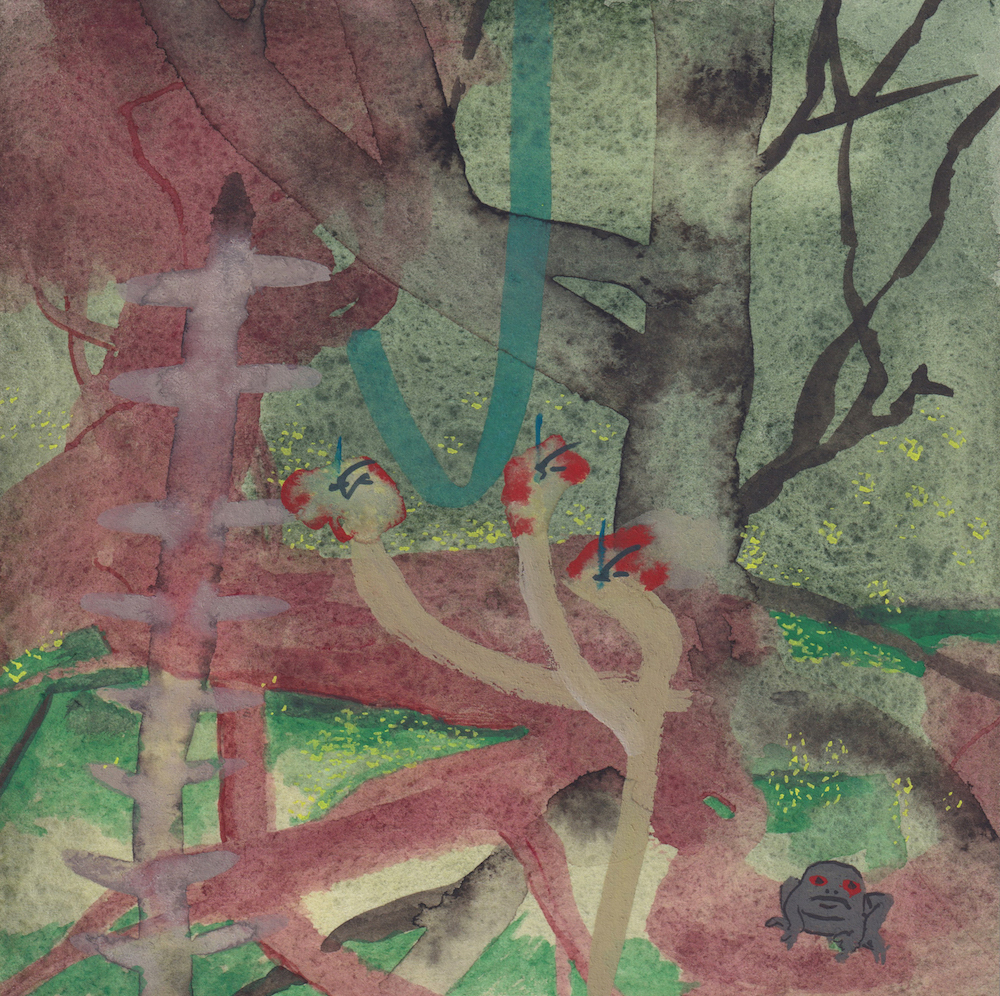
Subjects: Music


Music From the Lost Provinces Old-Time Stringbands from Ashe County, North Carolina & Vicinity, 1927–1931; Charlie Poole and the North Carolina Ramblers, vols. 1–3 (Music Review)
by Gavin James Campbell Essay
Essay
Rednecks, White Socks, and Piña Coladas?
Country Music Ain’t What It Used to Be . . . And It Really Never Was
by James C. CobbJust the other day, I read a lengthy piece suggesting that the Grand Ole Opry is about to fade away. Fans of “contemporary” country apparently don’t find Little Jimmy Dickens or Porter Waggoner terribly relevant, and the current chartbusters among the younger generation of artists are loathe to forgo the big bucks from lucrative road gigs for the paltry $500 or so that the Opry pays. Such news is certain to set off a new season of wailing and hand-wringing from those who fear the imminent demise of so-called “traditional” country music. »

Pistol Packin’ Mama Aunt Molly Jackson and the Politics of Folksong (Review)
by Patrick Huber
Mozart Went Down to Georgia
by Gavin James Campbell
Violin, Sing the Blues for Me: African American Fiddlers, 1926–1949 (Music Review)
by Gavin James Campbell
“I’m Just a Louisiana Girl”
The Southern World of Britney Spears
by Gavin James Campbell
Saints’ Paradise: Trombone Shout Bands from the United House of Prayer (Music Review)
by Gavin James Campbell
Leonardo “Flaco” Jiménez: The Best of Flaco Jiménez (Music Review)
by Gavin James CampbellArhoolie, 1999 The Grammy Award-winning Norteña accordionist Flaco Jiménez has produced such a prodigious amount of material that a compilation surveying some of his better-known works from the last ten years is a welcome sight. Although The Best of is a somewhat misleading title for this CD since it does not include work he has »

The Dixie Chicks: Fly (Music Review)
by Gavin James CampbellSony/Monument, 1999 For those who wondered whether the Dixie Chicks were a flash in the pan, wonder no more. Fly surpasses Wide Open Spaces. Melding pop’s lush instrumentals with country’s emotional intensity, the Dixie Chicks craft a sound that should appeal to a wide cross-section of listeners. From honky-tonk tear-jerkers like “Hello, Mr. Heartache,” to »

I Don’t Want Nothin’ ‘Bout My Life Wrote Out, Because I Had It Too Rough in Life
Dorsey Dixon's Autobiographical Writings
by Kathleen Drowne, Patrick HuberDorsey Dixon, a forty-year-old weaver then employed at the Entwistle Mill in East Rockingham, North Carolina, was tending his looms one rainy morning in the winter of 1938 when he heard the news of a deadly automobile accident on nearby U.S. Highway 1. After his shift, Dixon and another worker went to view the crumpled »

IIIrd Tyme Out John and Mary (Music Review)
by Gavin James CampbellRounder, 1999 As bluegrass looks back on fifty years of tradition, few prominent current bands hew closer to bluegrass’s roots than IIIrd Tyme Out. The group’s tight harmonies and inspired traditionalism have won widespread acclaim, and their latest release will not disappoint fans. In John and Mary they blend well-loved tunes like “Milk Cow Blues” »
